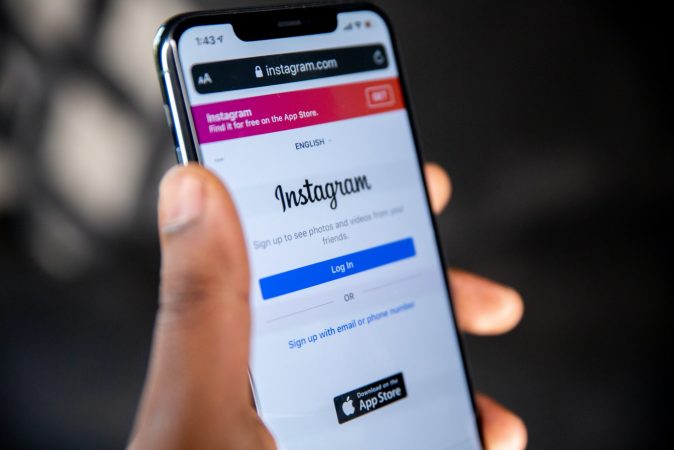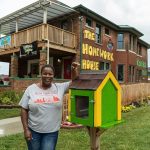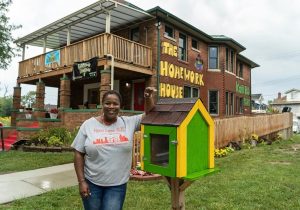If there is one definite thing that can be said about the COVID-19 pandemic, is that its effect on the world, country, and individual communities was not equal. Many of us can relate to this concept strictly by looking at our Facebook or Instagram pages.
Some individuals have gone quiet throughout this past year, posting little and commenting less. Others have used this time to level up their posting game–showing dinners with their perfect family and their glorious Starbucks orders grasped between flawless nails. Now, as vaccines are administered at the speed of light, and herd immunity rises, the anxiety of not having a successful or model quarantine is real, and it looks like social media is at the center of these feelings of inequity.
In June of 2020, the National Center for Biotechnology Information (NCBI) released a study on the effects social media can have on mental health. “Lately, studies have found that using social media platforms can have a detrimental effect on the psychological health of its users,” the study reads. In its conclusion, the study states that “Social media envy can affect the level of anxiety and depression in individuals.”
These findings may hit home for some of us, but it is important to understand the definite pandemic truth: not all quarantines are equal. According to the Kaiser Family Foundation (KKF) in July 2020, “4 in 10 adults in the U.S. have reported symptoms of anxiety or depressive disorder… up from one in ten adults who reported these symptoms from January to June 2019.”
This stark increase, which is even greater in young adults (56%), people of color (41-48%), and women with children (49%), is something vastly ignored as we scroll through pictures of quarantine weight loss and posts about new business ventures.
Even social media strictly highlighting pandemic information itself has been found to aid in the decline of mental health. In a separate study, NCBI found that “More exposure to disaster news via social media was associated with greater depression for participants with high (but not low) levels of the disaster stressor. Moreover, path analysis showed [a] negative affect mediated the relationship of social media use and mental health.”
If social media use has affected us so greatly throughout the pandemic, how can we resurface from our hibernation-quarantine without feeling inadequate or like we failed during this “year off”?
In order to address this, it is important to understand that this past year has been anything but a year off. Outside of the weight, social media can have on us, depressive and anxiety-like symptoms stem from pandemic burnout as well. Constant worry over possible exposure for yourself or your family, as well as businesses going under, loss of family and friends to the virus, and constant changes due to state restrictions, have kept us on our toes for longer than 365 days. This is simply something the human body cannot handle long-term.
According to the National Institutes of Health (NIH), our response to stress, fight or flight, should resolve as the issue causing the stress resolves. However, when an elongated stressor occurs, reaching that normal again is increasingly difficult. “Research now shows that such long-term activation of the stress system can have a hazardous, even lethal effect on the body, increasing risk of obesity, heart disease, depression, and a variety of other illnesses,” NIH says.
Basically, if you’re feeling anything less than 100%, that is normal and even expected in a time like this. Don’t let someone’s Insta-story tell you differently.
As vaccine administration and heightened herd immunity aid in moving us into a new stage of the pandemic, some of us may feel our fight or flight systems relaxing, and some of us won’t quite yet. Both responses are normal. Remember, not all quarantines are equal. Regardless of our internal response to our surroundings, however, it is important to work towards a deeper understanding of our mental health.
For some of us this may mean taking a break from social media or to be easier on ourselves for what we did or did not accomplish this past year. NCBI suggests to those of us struggling with pandemic burnout establishing, or seeking out more intentionally, a strong social network, social interaction (in a safe and distanced way), exercise (even if this means just walking around the block), eating healthier, and seeking out a new hobby.
Most of all, keep in mind that doctors and scientists are working hard to resolve this pandemic as soon and effectively as possible. We may not be out of the woods quite yet, but we are oh so close.
Subscribe to our newsletter for regular updates on all things Detroit and more.























